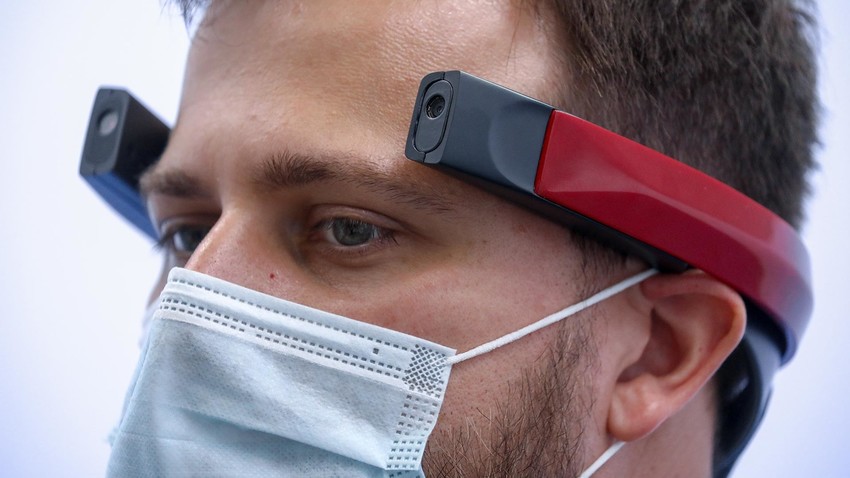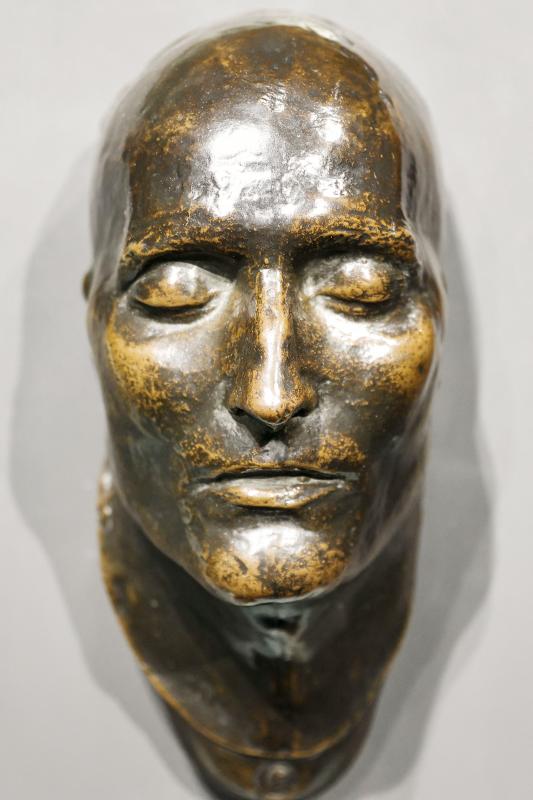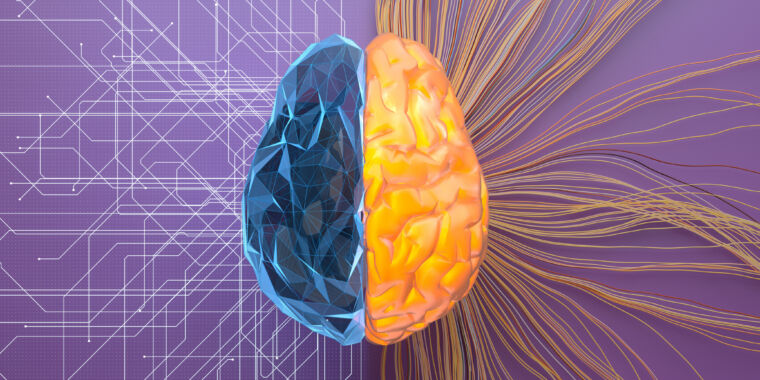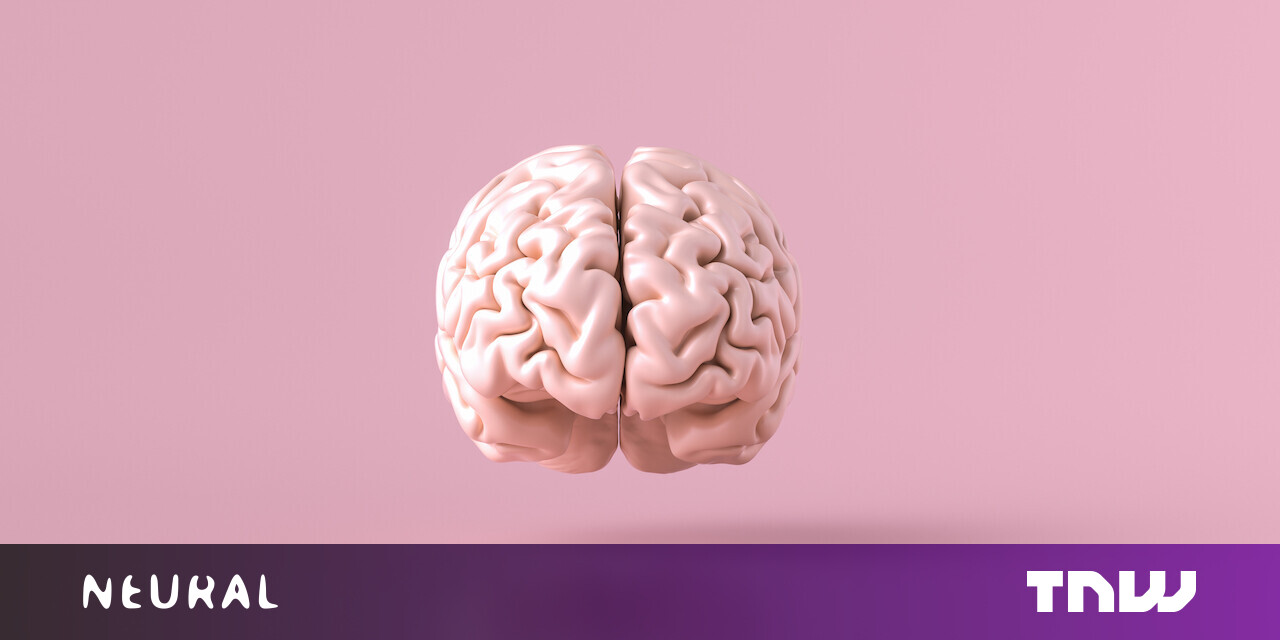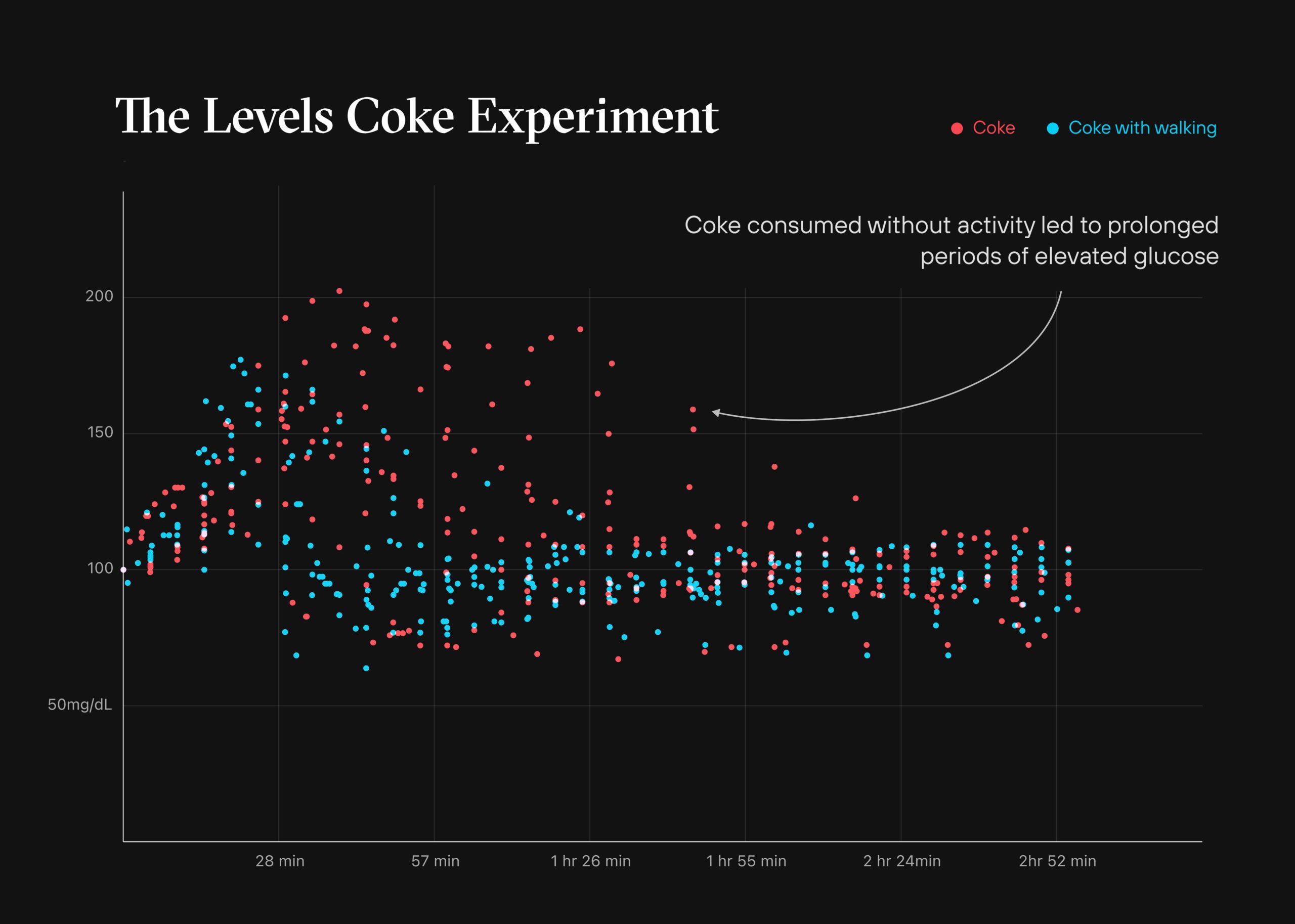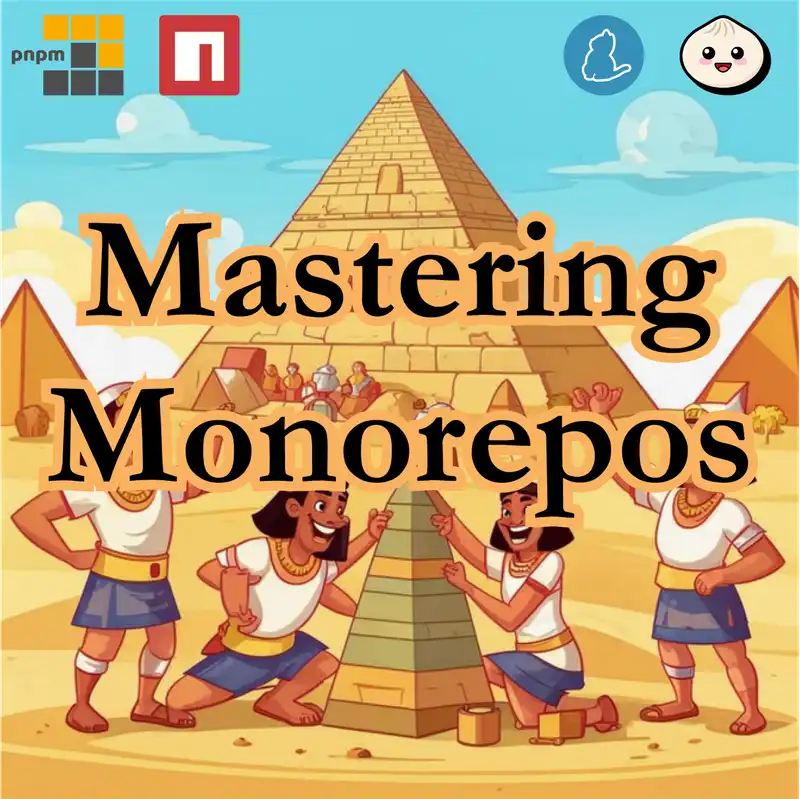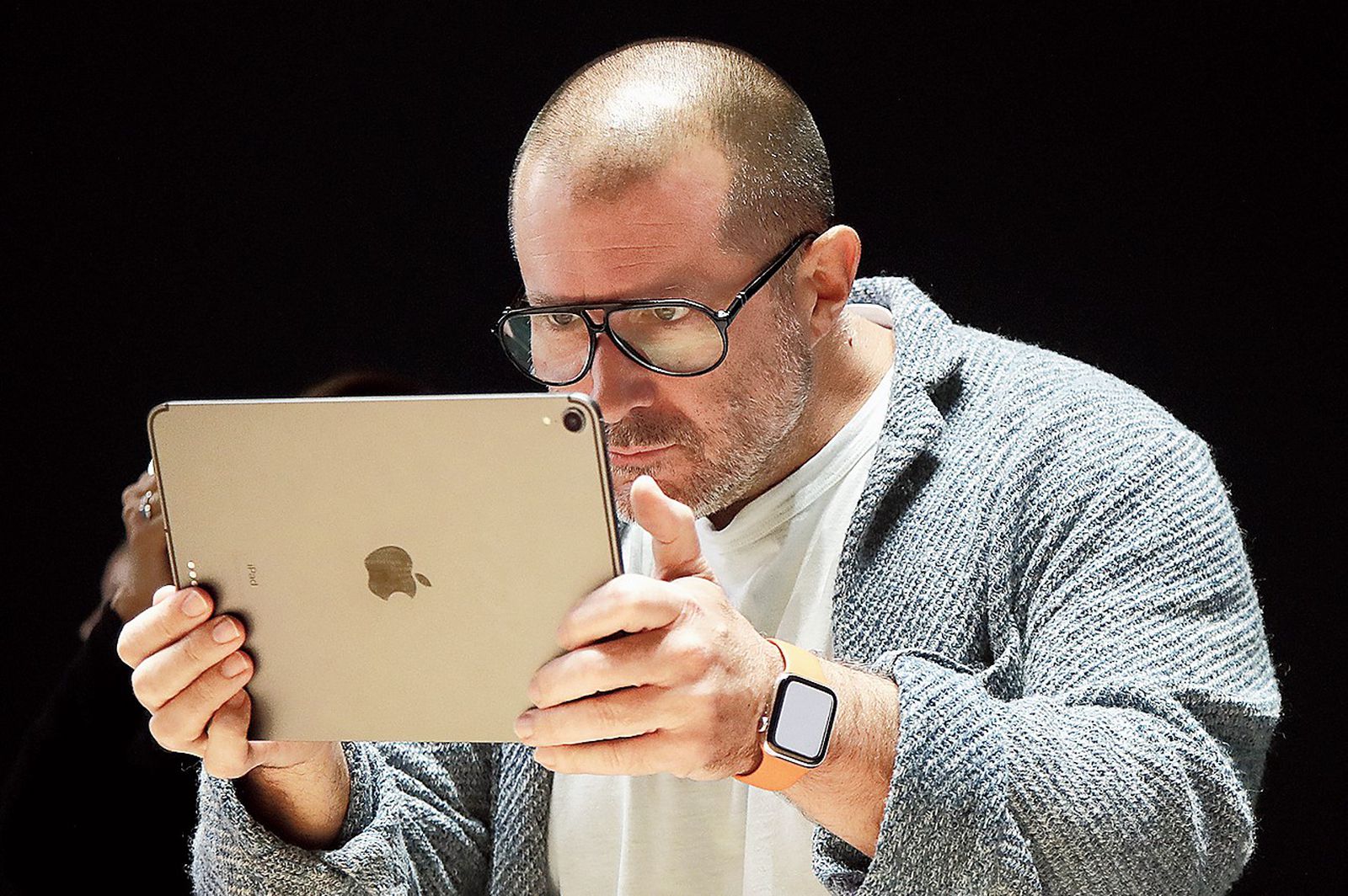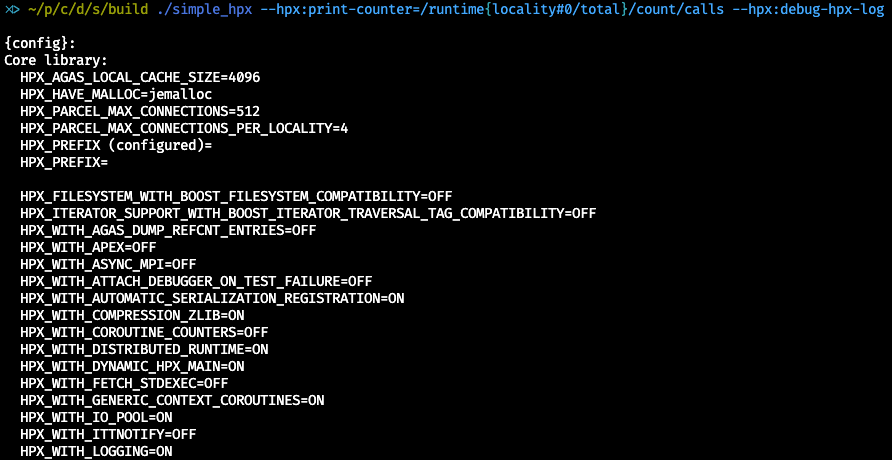
First-of-its-kind AI brain implant surgery helped a man regain feeling in his hand
On July 18, 2020, a diving accident injured a man’s C4 and C5 vertebrae, resulting in a total loss of movement and sensation below his chest. After participating in a first-of-its-kind clinical trial, however, Keith Thomas is now regaining sensations and movement in his hands just months after receiving AI-enabled microchip brain implants. What’s more, he is experiencing lasting improvements to his wrist and arm functions outside of the lab setting, even after turning off the devices.
“This is the first time the brain, body and spinal cord have been linked together electronically in a paralyzed human to restore lasting movement and sensation,” Chad Bouton, a professor in the Institute of Bioelectronic Medicine at the Feinstein Institutes, the developer of the tech, and the trial’s principal investigator said in a statement in July. “When the study participant thinks about moving his arm or hand, we ‘supercharge’ his spinal cord and stimulate his brain and muscles to help rebuild connections, provide sensory feedback, and promote recovery.”
To pull off the potentially revolutionary rehabilitation, Bouton’s team at Northwell Health in New York first spent months mapping Thomas’ brain via functional MRIs, eventually locating the exact regions responsible for his arms’ movements, as well as his hands’ sensation of touch. From there, neurosurgeons conducted a 15-hour operation—some of which occurred while Thomas was awake—to properly place two chips to restart movement, and three more in the area controlling touch and feeling in his fingers.
